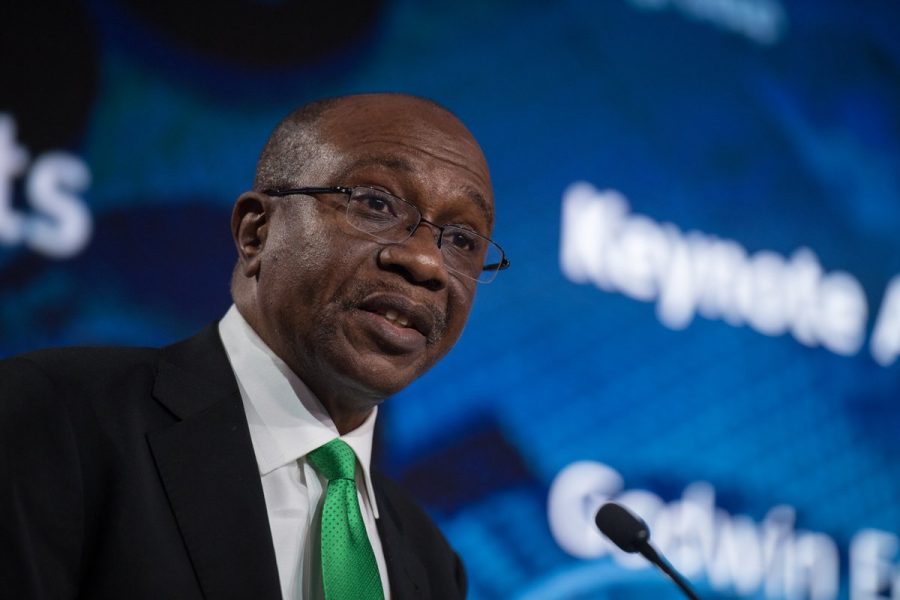The number of licensed microfinance banks across the 36 states of the country and Federal Capital Territory (FCT), have dropped by 12.7 per cent in almost one year.
According to report that was published recently on the CBN website, the number of licensed microfinance banks in the country dropped from 1,028 in May 2018, to 898.
What may have influenced the drop?
Recall that the apex bank had earlier made known its intention to revoke the licences of some microfinance banks. As earlier reported by Nairametrics, the CBN, last year announced its plans to revoke the operating licences of 182 financial institutions operating in the country.
This announcement came barely a week after its revoke Skye Bank’s operating license.
The affected MFBs, according to the apex bank, cut across different states of the country include. A total of 154 microfinance banks were affected, as were 6 primary mortgage banks, and 22 finance companies.
The apex bank had gone on to state that 62 of the microfinance banks had already closed shops; seventy four became insolvent, twelve were terminally distressed, while while six voluntarily liquidated.
Why microfinance banks can’t be sidelined
Robust economic growth cannot be achieved without putting in place well-focused programmes that increase access of poor and low-income earners to factors of production, especially credit. Microfinance is about providing financial services to the poor who are traditionally not served by conventional financial institutions.
In Nigeria, a large percentage of the population is still excluded from financial services. The Lagos Business School had revealed in a study that 43 per cent of Nigerians are financially excluded.
In its financial inclusion report, which was launched in Lagos, the LBS noted that only 49 per cent of Nigerians owned bank accounts. It said eight per cent of Nigerians owned a mobile money account, while 36 per cent used informal financial tools.
Addressing the need for every meaningful Nigerian to get financial inclusion, Bowen Microfinance Bank said sidelining microfinance banks will undermine Nigeria’s financial inclusion strategy.
Meanwhile, the CBN had set a financial inclusion target of reaching 80 per cent of the total adult population by 2020, but presently, Nigeria is not on track to meet this target which was set out in the National Financial Inclusion Strategy (NFIS) of 2012.












“but presently, Nigeria is not on track to meet this target which was set out in the National Financial Inclusion Strategy (NFIS) of 2012.”
To say the CBN is not on track to meet its 2020 target of 80% Financial Inclusion in my opinion is a deliberate attempt at not telling the whole story. Its like saying the CBN has no programmes or strategies of onboarding the financially excluded adults in nigeria, this will be misleading.
Recently, precisely October 2018 the apex bank rolled out it’s guidelines for the licensing and regulation of PSBs (that is, Payment Service Banks). PSBs by design are the FINTECH equivalents of nigerian commercial banks. Like all other MDB, they will be allowed to generate deposits amongst the unbanked using technology. Unlike commercial banks, PSBs according to tje CBN guidelines are not allowed to grant credit / loans. So risk of default is zero.
Also, we see their efforts at licensing MMO (Mobile Money Operators) and Agency Banking Operators. Already, these latter groups are onboarding otherwise excluded persons.
Nigeria like any other emerging economies can do more and should do more, nonetheless we should give credit when due and hard knocks when necessary.
It is my hope that the CBN will fast track the licensing of the PSBs so that the 2020 vision can stand a chance. Impact wise, the apex bank may not achieve its 80% target but conservatively I believe the PSBs can drive the National Financial Inclusion Strategy (NFIS) of 2012 from its current 43% to anywhere between 55-65%.
Just my take.
Rotimi